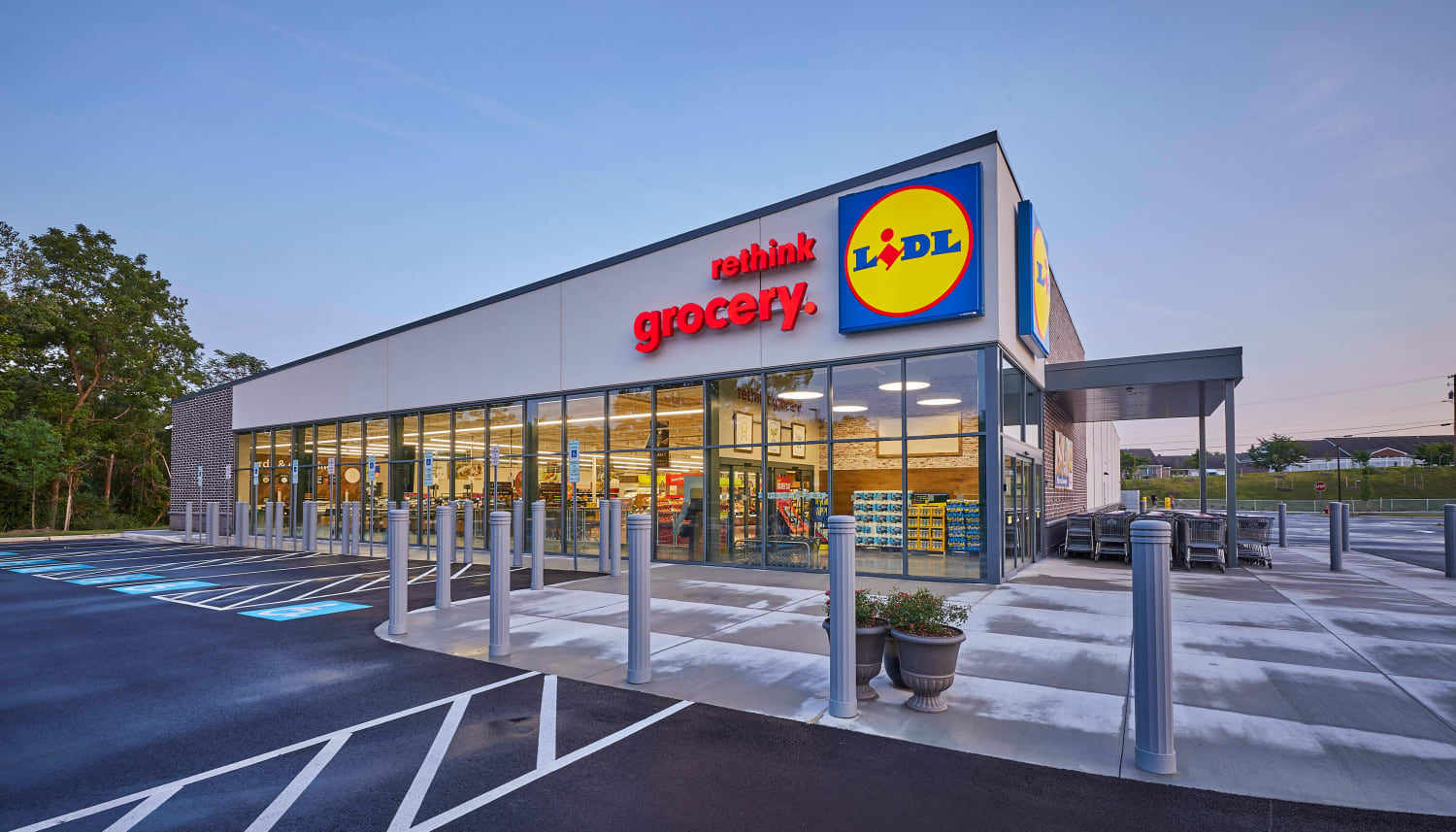Inside Lidl: Disrupting the Grocery Industry with Innovation and Efficiency
In the fiercely competitive landscape of the grocery industry, one company has been making waves with its disruptive approach to retail. Lidl, the German discount supermarket chain, has been steadily expanding its presence across the globe, challenging established players with its combination of low prices, high quality, and innovative strategies. With a unique business model and a commitment to customer satisfaction, Lidl is reshaping the way consumers shop for groceries.

Founded in 1973 in Germany, Lidl has grown from a regional player to one of the largest supermarket chains in the world. It is part of the Schwarz Group, which also owns the Kaufland hypermarket chain. Lidl operates more than 11,000 stores in 32 countries, with a strong presence in Europe, as well as stores in the United States and Asia.
At the heart of Lidl’s success is its focus on efficiency and cost-effectiveness. The company operates on a lean business model, with a limited selection of products and a no-frills approach to store design. By streamlining operations and cutting out unnecessary expenses, Lidl is able to offer prices that are significantly lower than those of traditional supermarkets. This has earned Lidl a loyal customer base, particularly among budget-conscious shoppers.
But Lidl’s appeal goes beyond just low prices. The company is also known for its commitment to quality and innovation. Lidl’s private label products, which make up the majority of its inventory, are carefully curated to meet high standards of taste and freshness. In addition, Lidl regularly introduces new and exciting products, often through partnerships with local producers and suppliers. This focus on innovation has helped Lidl differentiate itself in a crowded market and attract customers looking for unique and interesting food options.
Another key aspect of Lidl’s strategy is its emphasis on customer experience. Despite its discount prices, Lidl is committed to providing a pleasant shopping environment for its customers. Stores are clean, well-lit, and easy to navigate, with helpful staff on hand to assist shoppers. In addition, Lidl has invested heavily in technology to improve the shopping experience, with features such as self-checkout kiosks and mobile payment options.
In recent years, Lidl has also been making strides in sustainability and corporate responsibility. The company has implemented a number of initiatives to reduce its environmental impact, such as reducing packaging waste and increasing energy efficiency in its stores. Lidl has also taken steps to ensure fair labor practices throughout its supply chain, including paying workers a living wage and providing opportunities for career advancement.
As Lidl continues to expand its footprint around the world, it remains committed to its core principles of quality, affordability, and innovation. With its innovative business model and customer-centric approach, Lidl is poised to continue disrupting the grocery industry for years to come.